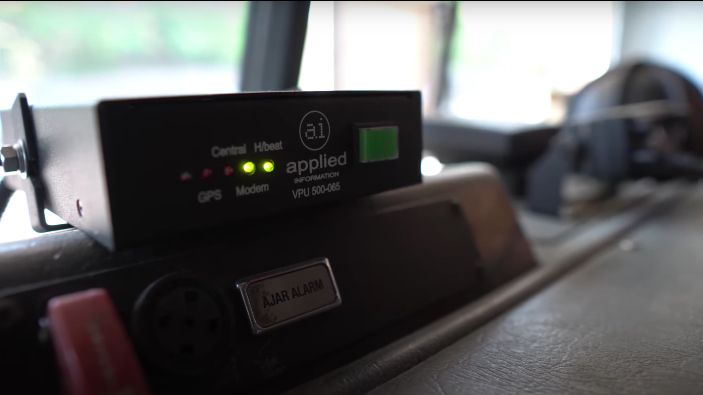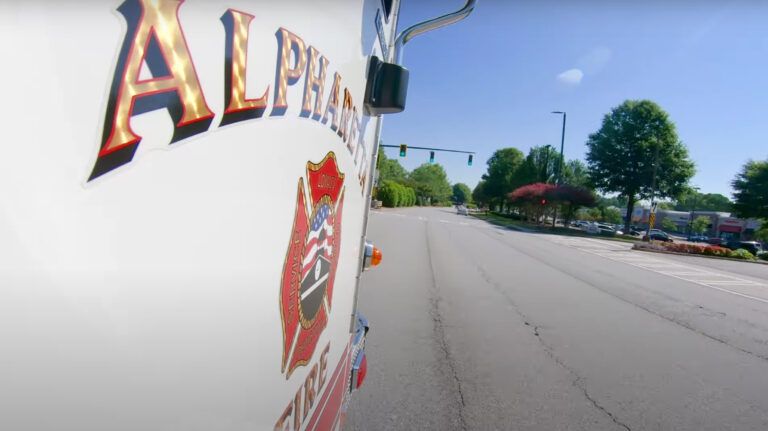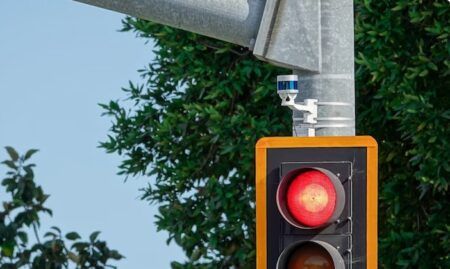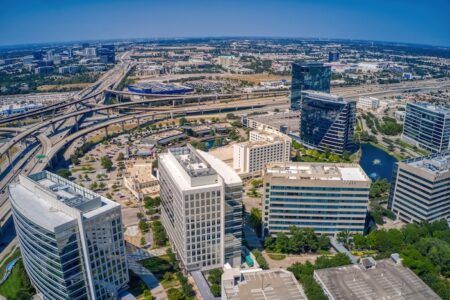The US Patent and Trademark Office has granted a patent to Applied Information for its technology that uses both cellular network and direct radio communication to control traffic signals.
US Patent 11,055,991 entitled Systems, Methods, and Devices for Communication Between Traffic Controller Systems and Mobile Transmitters and Receivers provides for changing the state of one or more traffic signals using both cellular communications and direct radio signals from a vehicle. The technology can be used to provide first responders with automatic green lights at intersections.
“This patent is another validation of our pioneering use of dual-mode communications for connected vehicle technology in areas that require reliable performance and high security,” says Bryan Mulligan, president of Applied Information. “We see the value of the technology every day on the streets as it provides first responders with a safer and faster response to help people in need.”

The patent also covers the use of providing green light priority to other vehicles such as transit and school buses and delivery vans. Properly equipped automobiles can communicate that they have arrived at a red light providing the traffic signal controller with additional information to reduce wait times.
Applied Information is a leading developer of smart cities, connected vehicle, and intelligent transportation system (ITS) solutions designed to save lives, improve traffic, drive commerce, and help the environment. Applied Information’s Glance Smart City Supervisory platform enables cities to manage all their traffic and ITS assets on one web-based application. Key product areas are smart traffic signals, school zone flashing beacons, emergency vehicle preemption, transit, and freight priority and ITS systems. AI’s free TravelSafely smartphone app connects drivers, cyclists, and pedestrians, and the transportation infrastructure for a safer mobility experience.
Current use of the technology involves fire apparatus, ambulances, snowplows and police vehicles and is deployed in cities in the USA. The technology has been shown to increase response times by about 18%.





